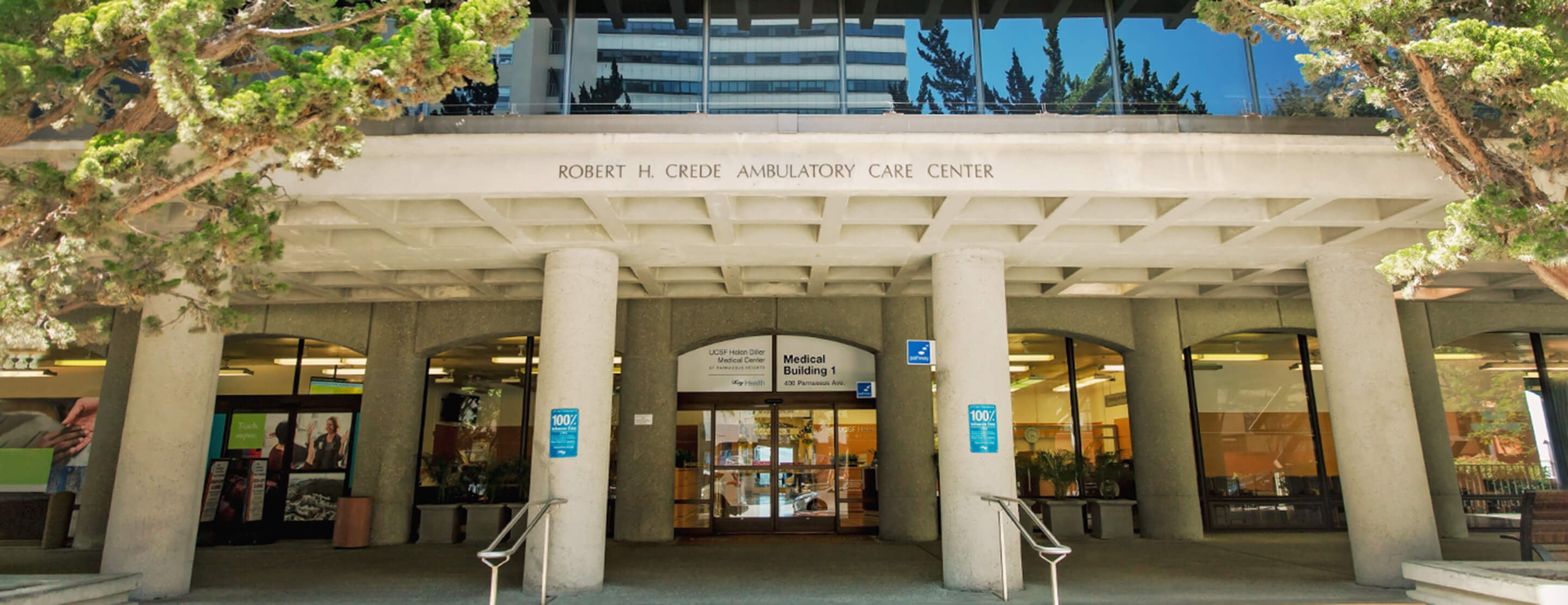What's the hardest part?
Not being able to do what you used to do. Right now, I'm the slowest walker out there. I was always a fast walker. People were always telling me, "Slow down. You walk too fast."
Now for me to not do that, it's hard. It's a hard thing to accept. I don't know if I'll ever be as fast as I used to be. The thing that calms me down is knowing that I'm still able to walk.
You also mentioned stairs.
I used to love climbing stairs. I was a very physical, active person. If I saw an elevator or a staircase, I would take the stairs because I saw a challenge. I loved pushing myself.
I get exhausted now. Walking, as an amputee, I'm burning twice as many calories as regular people, because you're working more muscles.
It's difficult. You've got to have good endurance. That's why a lot of amputees give up. It's not easy.
What did it feel like when you were able to take your first steps?
To be honest, the time I took my first steps, I didn't think much about it. My friend Michelle was videotaping it. Once I saw the video, I started crying like a little baby.
This accident was a blessing in disguise. Yes, I did lose a quarter of my body, but I have peace right now. I'm a stronger person. I will have my occasional breakdown and cry, but I'll get back up. It's been an amazing journey. You learn a lot about yourself.
I remember when I went to get checked up by Dr. Weinberg, I was in a wheelchair, and he saw me and said, "God bless you. You're going to walk."
I was like, "Whoa, this guy doesn't know anything about me, and he's already telling me that."
That's one thing it's taught me: You have to be compassionate. I'm a more compassionate person. I was very self-centered before my accident. I did my thing, only worried about myself. Now it's, "No, you've got to think about other people and help people out."
You said that you learned a lot from this journey. What are some of the most important lessons?
Accepting my limitations, being a better person, loving who I am. I'm a gay man. Never accepted it before, but now, this is me. I've gone through enough.
What's the hardest thing to do in your daily routine that used to be easy?
To get in and out of a chair or stand up. That's why I’m focused on having a really strong upper body, because you do not believe how much that helps.
That's one thing I tell amputees: Work on your upper-body strength because it will really help you.
Despite all the challenges, you've talked about how, overall, you're happier.
I tell people it's like going through heaven and hell at the same time. I'm a much better person, a happier person now. Before, I was addicted to sleeping pills because I was so stressed out.
Now, I can sleep whenever I want. I used to drink just two cups of coffee and I was all jittery for the rest of the day. Now, I could drink a cup of coffee at 8 o'clock at night and be stress free and calm.
My blood pressure is better now. I have the blood pressure of a 20-year-old.
Why is that?
Because I'm calm, stress free. Though I don't recommend losing your legs to lower your blood pressure!
I've learned to shut negativity out of my life. Keep what's good and get rid of the bad. That is what's helped me get so far. You don't have to be a brain surgeon to figure that out. Too bad I didn't do it before my accident, but it's never too late.
Can you talk to me about the phantom pain (a pain sensation from a body part that’s gone)?
It's a big deal with amputees. With me, it was exactly one month after my amputation. I would feel my legs. I could tell you exactly where my feet were. I would sit up from my bed at the hospital and feel my limbs constantly just hanging down.
As time went on, it blurred out. You can feel your feet, but you can't tell where they're at. It got pretty bad at times. It got so bad that I could not sleep. It was hard.
Right now, I do feel it, and it's a constant tingling. It just feels like your foot falls asleep. It's nothing that's going to keep me from doing my things. I block it out.
What is your biggest fear?
Falling. When kids learn to walk, they have no fear. They don't think about falling. As an adult, you get up and you're already thinking, I'm going to fall. You feel unstable.
I've been doing unassisted walking. My physical therapist says, "Keep your mind distracted. Don't think about walking. The more you think, the harder it is." She told me, "Count the months backwards."
I did that and just walked. Kept on, continued to walk, unassisted.
What's that feel like?
Liberating. It felt like these legs were really mine. Walking was a little awkward, but I was doing it. As I walked, some random guy came up to me and said, "That is awesome!" He put that big old smile on my face. To know that you can walk, it's amazing.
How has the experience been at UCSF?
I get that genuine feeling. I don't see them as people taking care. I see them as family now. It's on a first-name basis.
I've said from day one this is a blessing in disguise. Maybe a year or two from now, I'll look back and say, "It's the best thing that's happened to me."
It's not easy, but you become a stronger person. You find out who your real friends and family are. You learn to really love yourself.
Why do you have a smile on your face?
I'll walk and have a random person that's never met me just say, "God bless you." To have somebody just come up and say that you, that's a powerful thing.
Or someone will just come up to me and say, "You inspire me to move because I see what you're going through; you have the guts to come do what you have to do to work out." It's nice to know that people see that.
But I'm not superhuman. I'm not something special. I'm just somebody that wants to walk, but it is nice to know that your effort, your hard work, is paying off.
I can go to sleep at night and pat myself on the back and say, "You did a hell of a job today."










